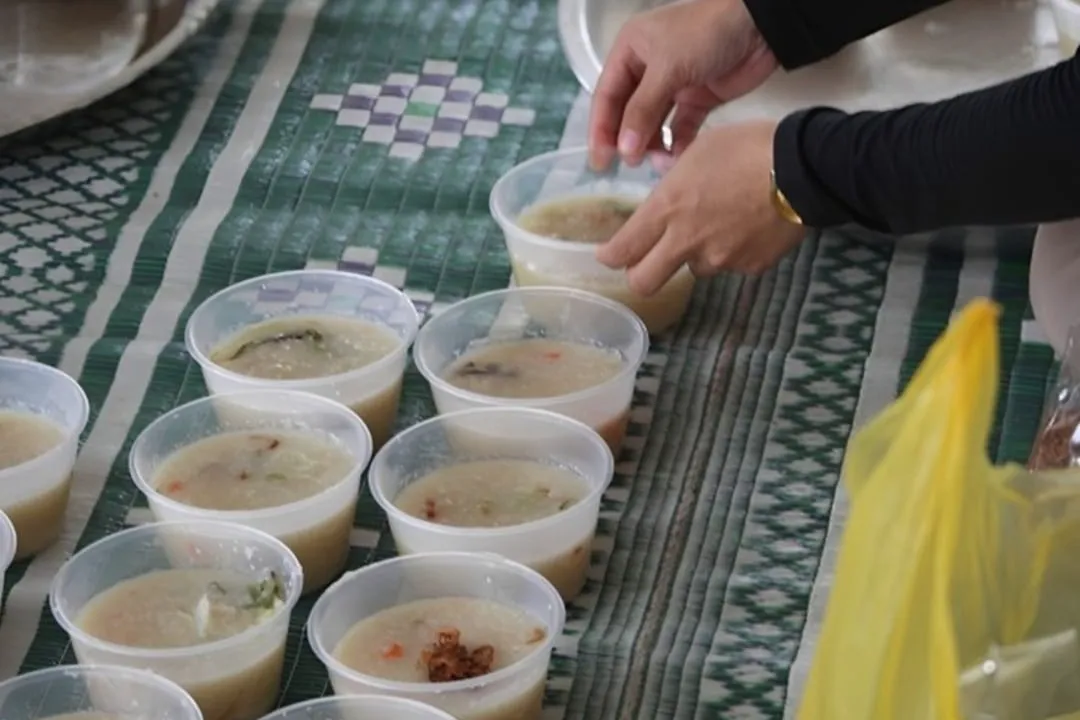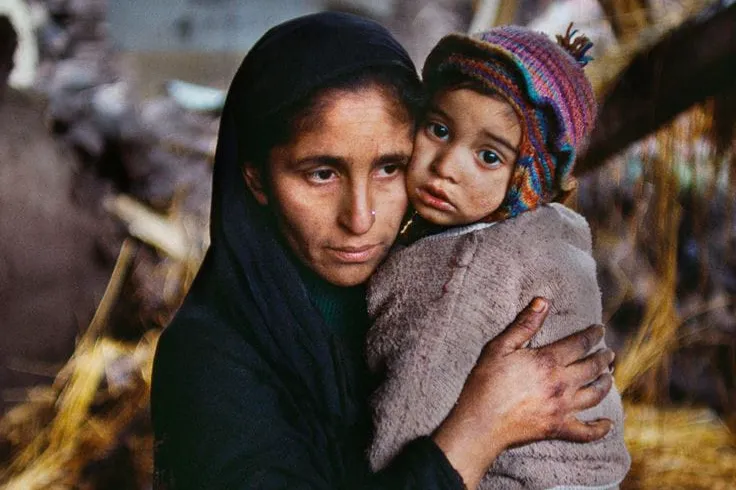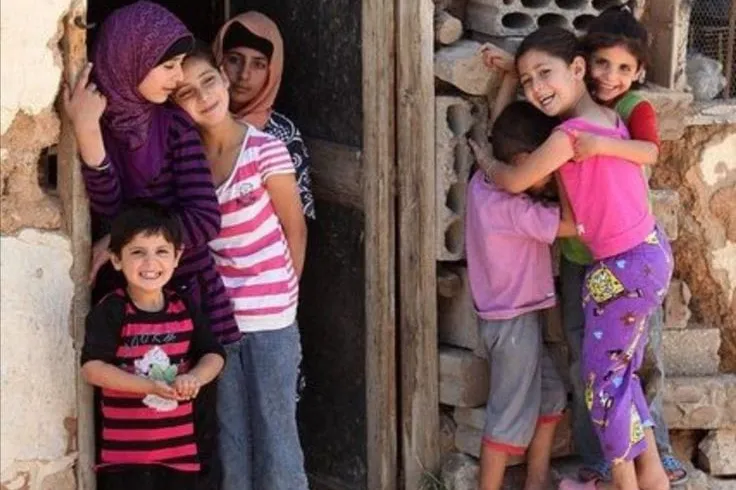وفقاً لتقرير المفوضية السامية للأمم المتحدة لشؤون اللاجئين فقد بلغ عدد النازحين من ديارهم قسراً في نهاية شهر يونيو 2023، ما يقدر بنحو 110 ملايين نازح بسبب الاضطهاد والصراعات والعنف وانتهاكات حقوق الإنسان والأحداث التي تخل بالنظام العام على نحو خطير.
يعيش هؤلاء حياة مليئة بالتحديات الصعبة بعد فقدان منازلهم ومصادر رزقهم. إذ يواجهون صعوبات في التأقلم في بيئتهم الجديدة حيث تغيب ضمانات الحياة الأساسية ويصبح التشرد والتسول شبح يلاحق النازحين.
يتحول السؤال هنا حول كيفية توفير لقمة العيش إلى قضية ملحة. قبل أن نتطرق إلى موضوعنا في هذه المقالة نود أولاً أن نوضح الفرق بين النازح واللاجئ.
النازح واللاجئ هما مصطلحان يستخدمان للإشارة إلى فئتين مختلفتين من الأشخاص الذين يعيشون خارج مكان إقامتهم الأصلي، ولكن هناك فرقاً بينهما:
النازح:
يشير هذا المصطلح إلى الشخص الذي ترك منزله أو مكان إقامته العادي بسبب النزاع المسلح، الكوارث الطبيعية، أو أسباب مشابهة، يظل في داخل حدود بلده وغالبًا ما يبحث عن مأوى أو مكان آمن داخل نفس البلد.
اللاجئ:
يعبر هذا المصطلح عن شخص فقد حمايته أو يعيش في خطر في بلده الأصلي بسبب الحروب، الاضطهاد، أو التهديدات الشديدة لحقوقه الأساسية. مما يدفعه للبحث عن مأوى وحماية في بلد آخر، ويطلب حق اللجوء.
ببساطة، النازح يظل في حدود بلده، بينما يتجاوز اللاجئ الحدود الوطنية للبحث عن حماية ومأوى في بلد آخر.
تحديات النازحين:
يواجه النازحون صعوبات متعددة الأوجه بعد فقدان منازلهم ومصادر رزقهم. يضيف العبء النفسي للانتزاع، إلى جانب التحديات العملية في تأمين الطعام والمأوى والدخل، إلى مناظر مرعبة. يجد كثيرون أنفسهم في حالة من الضعف، حيث يفتقرون إلى الموارد والأنظمة الداعمة الضرورية لإعادة بناء حياتهم. مما يجعل إقامة مشاريع للنازحين في البلدان الفقيرة أمراً ذا أهمية حيوية
الهدف من إقامة مشاريع مدرة للدخل للأسر النازحة:
تلعب هذه المشاريع أهمية كبيرة في تخفيف معاناتهم. تعتبر هذه المشاريع دافعًا لتحقيق الاستقلال الاقتصادي، حيث تقدم فرصًا للاستقلال المالي وتطوير المهارات، وتعزز قدراتهم على تحقيق الدخل. كما وتقلل من نسبة التشرد والتسول بين فئة الشباب والنساء خصيصاً.
أمثلة على مشاريع بسيطة مدرة للدخل:
هناك العديد من المشاريع البسيطة والمدرة للدخل التي يمكن تنفيذها لصالح الأسر النازحة. إليك بعض الأمثلة:
ورشة حرفية: إقامة ورشة لتعلم الحرف اليدوية مثل الخياطة أو الحياكة، وتزويد النساء بالمهارات اللازمة لإنتاج منتجات قابلة للبيع.
بيع المأكولات المحلية: تقديم دورات تعليمية حول فنون الطهي المحلي وإقامة مشروع صغير لبيع الأطعمة المحلية في المنطقة.
زراعة الخضروات والفواكه: توفير أدوات وتدريب على زراعة الخضروات والفواكه لإنتاج وبيع المحصول في السوق المحلية.
الخدمات المنزلية:إطلاق خدمات صيانة المنازل أو تنظيفها.
وتدريب الشباب على مهارات الصيانة وتوظيفهم لتقديم الخدمات.
تصنيع المنتجات اليدوية: تدريب على صناعة منتجات يدوية مثل الحقائب أو الإكسسوارات.ومن ثم التسويق لهذه المنتجات في الأسواق المحلية أو عبر الإنترنت.
التدريب المهني: توفير دورات تدريبية في المهن الحرفية المطلوبة في المنطقة.وتسهيل فرص العمل للمتدربين في مجالات مثل الكمبيوتر أو الصيانة.
أهمية هذه المشاريع في تحسين حياة النازحين:
إن إقامة مشاريع بسيطة مدرة للدخل للأسر النازحة تحمل أهمية كبيرة في تحسين جودة حياتهم وتخفيف العبء الذي يفرضه التشرد عليهم. تُعزز هذه المشاريع الاقتصاد المحلي في المناطق المتضررة، حيث يتم تمكين النازحين من المساهمة الفعّالة في تحفيز الأنشطة التجارية والاقتصادية المحلية. بالإضافة إلى ذلك، تقدم هذه المشاريع فرصًا للنساء والشباب لاكتساب مهارات جديدة، مما يعزز فرص العمل. كما وتساهم هذه المشاريع النازحين أن يشعروا بالانتماء والتحفيز، وبالتالي، يمكنهم بناء حياة أفضل وأكثر استقرارًا رغم التحديات التي يواجهونها.











-white.svg)